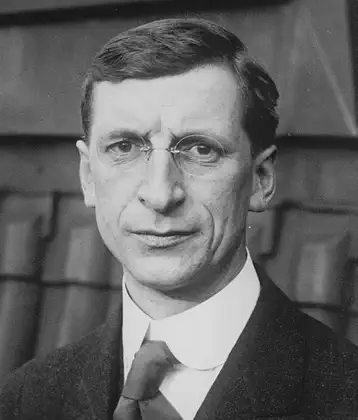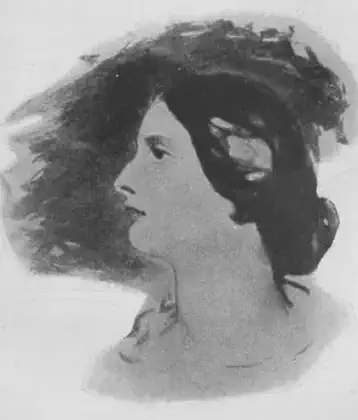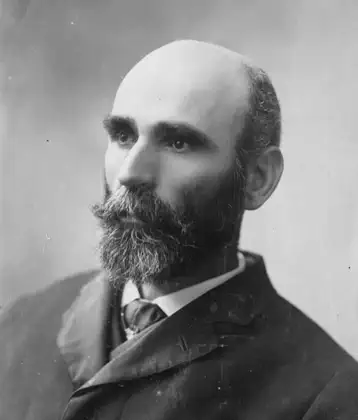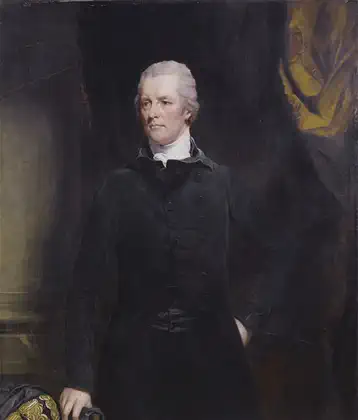On February 03, 1911 in Celtic History
Robert noonan, author of the ragged trousered philanthropists, dies
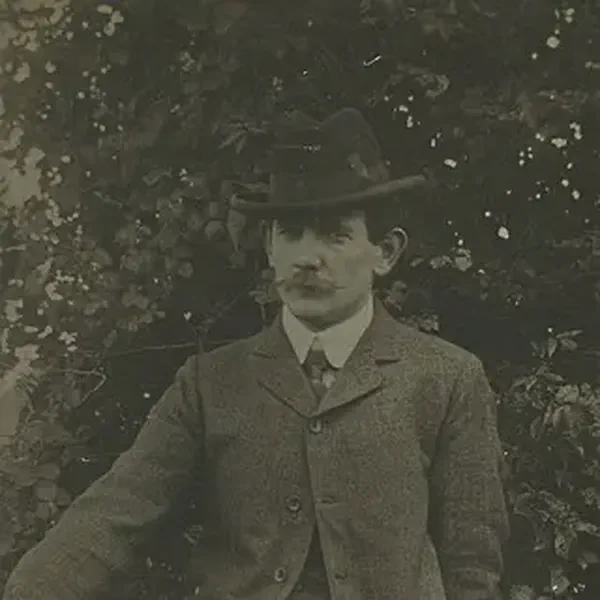
Robert Phillipe Noonan (17 April 1870 – 3 February 1911), born Robert Croker, and best known by the pen name Robert Tressell, was an Irish writer best known for his novel The Ragged-Trousered Philanthropists.
The “The Ragged Trousered Philanthropists,” a novel that has become a classic of working-class literature. The book, published posthumously in 1914, provides a detailed and moving depiction of the lives of several painters and decorators and their families in the fictional town of Mugsborough, based on the real town of Hastings, where Noonan lived and worked.
Noonan was born in Dublin, Ireland, in 1870 and moved to England in the 1900s, where he worked as a signwriter and painter. His experiences of poverty, exploitation, and the struggle of the working class profoundly influenced his writing. “The Ragged Trousered Philanthropists” is renowned for its critique of the capitalist system and the social injustices it engenders. The novel advocates for socialism as the solution to the poverty and inequality experienced by the working class, presenting its arguments through the characters’ discussions, experiences, and the protagonist Frank Owen’s attempts to enlighten his coworkers about the causes of their misery.
Noonan wrote the novel over a period of years, but due to his poor health and economic circumstances, he was unable to see it published in his lifetime. He died of tuberculosis in 1911. The manuscript of “The Ragged Trousered Philanthropists” was nearly destroyed but was saved and eventually published, initially in a heavily abridged version. The book has since been recognized as a seminal work in British literature, celebrated for its vivid portrayal of working-class life and its impassioned argument for social change.
“The Ragged Trousered Philanthropists” remains widely read and has been influential in shaping discussions about labor, socialism, and social justice. It has been adapted for radio, theater, and television, reflecting its enduring impact and relevance.
Death
Unhappy with his life in Britain, he decided that he and Kathleen should emigrate to Canada; however, he only reached Liverpool when he was admitted to the Liverpool Royal Infirmary, where he died of ‘phthisis pulmonalis’ (i.e. pulmonary tuberculosis) on 3 February 1911, aged 40.
Noonan was buried in a pauper’s grave on 10 February 1911 at Liverpool Parochial Cemetery, later known as Walton Park Cemetery. The location of the grave was not rediscovered until 1970. Twelve other people were buried in the same plot. In 1977, local socialists in conjunction with trade unions campaigned for and erected a memorial stone over the plot with the names of all buried there. The plot is no longer used as a cemetery and is now used by Rice Lane City Farm. The site is opposite Walton prison. A nearby road is named Noonan Close.
